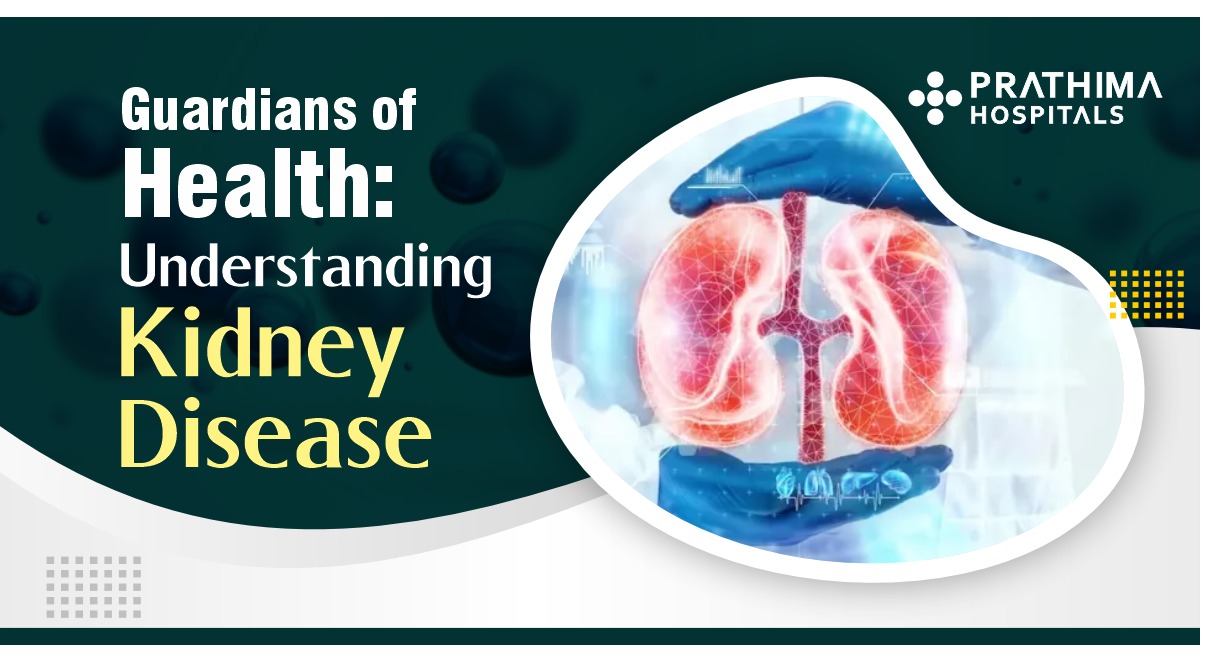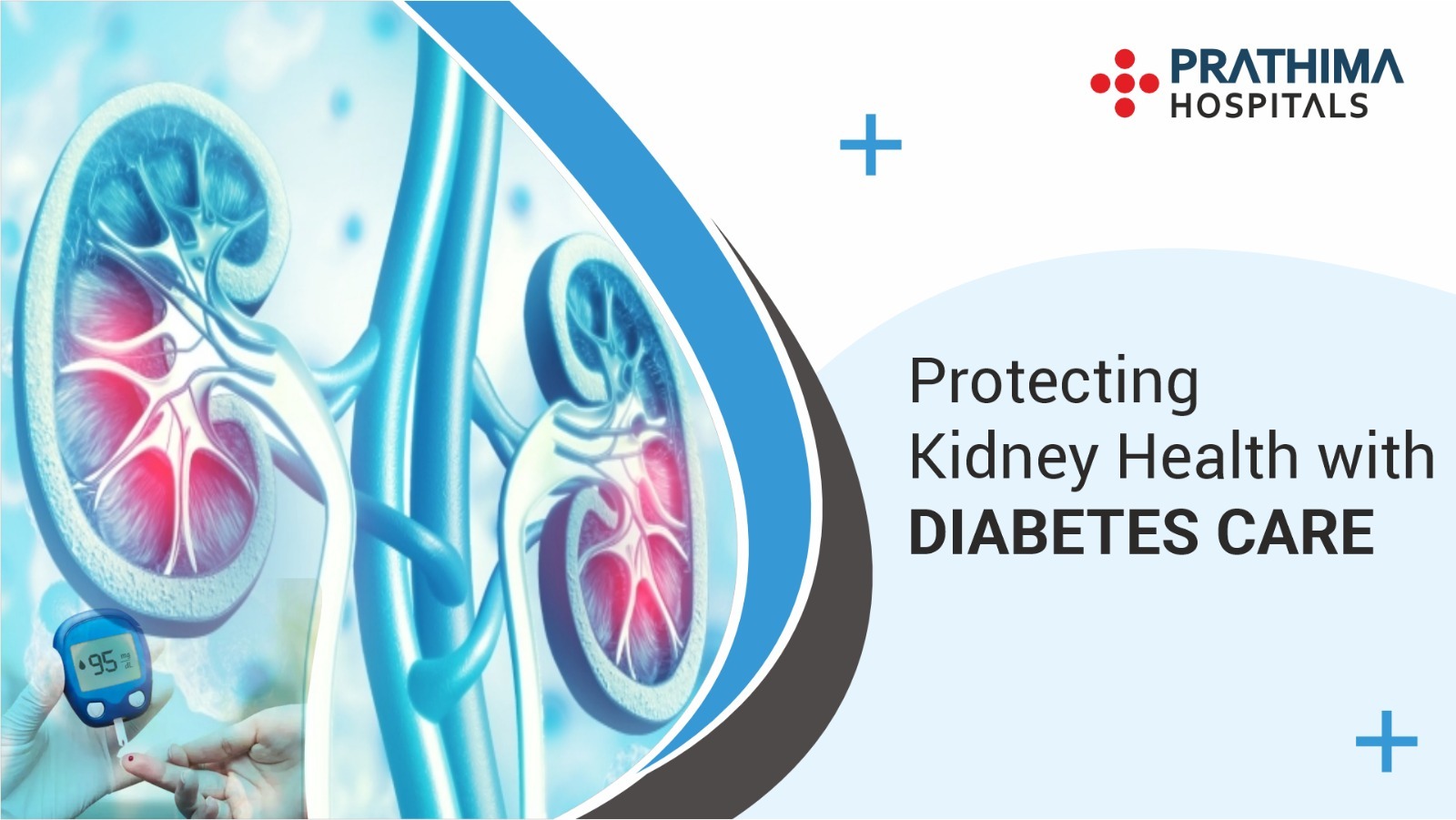Here are the important facts about STRESS!!!

10 Facts about Stress
Introduction:
Stress has become a daily routine in our lives and it’s unavoidable. Whether it’s due to work pressures, personal responsibilities, or the constant demands of technology, stress seems to be ever-present. However, as per Best Neuro Physician in Hyderabad, stress is not just a fleeting emotion; it can have a profound impact on our physical and mental well-being. To better understand stress and its implications, it’s essential to delve deeper into the subject. In this article, we will explore 10 important facts about stress that everyone should know.
1. Stress is a natural response:
It is natural for the body to react to perceived threats and challenges with stress. It is an evolutionary mechanism that has helped humans survive throughout history. When faced with a dangerous or demanding situation, our bodies release stress hormones like cortisol and adrenaline. These hormones trigger a cascade of physiological reactions, preparing us for a fight-or-flight response. While this response was originally intended to protect us from immediate physical threats, it has also adapted to modern stressors.
2. There are positive and negative effects of stress:
Stress, often perceived as a negative force, can have both positive and negative aspects. It’s important to recognize that stress is not inherently bad; it is our response to stressors that determines its effects on our well-being. Here, we will delve into the details of how stress can be both positive and negative:
Positive Stress (Eustress):
Positive stress, also known as eustress, refers to the beneficial or constructive form of stress. It arises from situations or challenges that are perceived as exciting, motivating, or growth-oriented. Eustress can have several positive effects on our lives:
- Motivation and Performance Enhancement: Eustress can act as a motivational factor, pushing us to accomplish tasks and goals. It can provide the necessary energy and focus to overcome obstacles and achieve success. For example, the stress experienced before an important exam or presentation can sharpen our focus and enhance performance.
- Improved Cognitive Function: In moderate amounts, stress can boost cognitive function. It can heighten our alertness, attention, and memory, enabling us to respond effectively to challenges. This can be particularly useful in situations that require quick thinking and problem-solving abilities.
- Personal Growth and Resilience: Eustress can foster personal growth and resilience. When we face and overcome challenging situations, we develop new skills, knowledge, and perspectives. This helps us build resilience, adaptability, and confidence to tackle future obstacles.
- Increased Productivity and Creativity: Eustress can stimulate creativity and innovation. It can activate our creative thinking processes and encourage us to explore new ideas and solutions. Many individuals thrive under moderate levels of stress, as it fuels their productivity and pushes them to think outside the box.
Negative Stress (Distress):
While positive stress can have beneficial effects, distress refers to the negative or overwhelming form of stress. It arises from excessive, prolonged, or unmanageable stressors. Distress can have detrimental effects on our physical, mental, and emotional well-being:
- Physical Health Issues: Chronic or excessive stress can take a toll on our physical health. It can lead to increased blood pressure, cardiovascular problems, weakened immune function, digestive disorders, headaches, and sleep disturbances. Prolonged exposure to stress hormones like cortisol can disrupt various bodily processes, leading to a range of health issues.
- Mental and Emotional Health Problems: Distress can significantly impact mental and emotional well-being. It can contribute to the development or exacerbation of anxiety disorders, depression, and other mental health conditions. Chronic stress can also affect mood regulation, increase irritability, and impair cognitive function, making it difficult to concentrate and make decisions.
- Relationship Strain: Excessive stress can put a strain on personal and professional relationships. When individuals are overwhelmed by stress, their ability to communicate effectively, empathize, and maintain healthy connections may be compromised. Relationships can be strained, conflicts can arise, and misunderstandings can lead to arguments.
- Burnout and Exhaustion: Prolonged exposure to distress can lead to burnout, a state of emotional, mental, and physical exhaustion. It occurs when individuals experience chronic stress without adequate rest or recovery. Burnout can manifest as a loss of motivation, decreased productivity, feelings of detachment, and a sense of being overwhelmed by daily responsibilities.
It’s important to note that what may be eustress for one person may be a distress for another. Each individual has a unique threshold and response to stressors. It’s crucial to identify personal limits and develop coping strategies to maintain a healthy balance.
3. Chronic stress can harm your health:
While acute stress can be beneficial in short bursts, chronic stress can have detrimental effects on our physical and mental health. Lengthy exposure to anxiety hormones can guide to a scope of health issues. Research has linked chronic stress to conditions such as cardiovascular disease, weakened immune systems, digestive disorders, anxiety, and depression. It can also exacerbate existing health conditions, such as asthma, diabetes, and autoimmune diseases.
4. Stress affects your brain:
Stress doesn’t just impact our emotional state; it can also have profound effects on the structure and function of our brains. Chronic stress has been shown to shrink the prefrontal cortex, the area responsible for decision-making, rational thinking, and emotional regulation. This can impair our ability to make sound judgments, regulate our emotions, and cope with stress effectively. Additionally, chronic stress can increase the size and activity of the amygdala, the brain’s fear centre, leading to heightened anxiety and emotional reactivity.
5. It can disrupt sleep:
Stress and sleep often go hand in hand. According to the Best Neuro Physician in Kukatpally high-stress levels can lead to sleep disturbances, such as insomnia or restless sleep. On the other hand, lack of quality sleep can increase stress levels, creating a vicious cycle that affects overall well-being. When we’re stressed, our minds tend to race, making it difficult to relax and fall asleep. Moreover, stress hormones like cortisol can disrupt the natural sleep-wake cycle, leading to irregular sleep patterns and decreased sleep quality.
6. Stress affects your immune system:
The connection between stress and the immune system is well-documented. Prolonged stress can weaken the immune system, making us more susceptible to infections, illnesses, and slower healing. Stress hormones can suppress immune function, reducing the body’s ability to fight off pathogens. This explains why we often fall sick during or after periods of high stress. Moreover, chronic stress can contribute to the development or worsening of autoimmune diseases, where the immune system mistakenly attacks the body’s tissues.
7. Stress impacts digestion:
Have you ever noticed digestive discomfort during stressful situations? There’s a reason for that. When we’re stressed, the body diverts resources away from digestion to cope with the perceived threat. This can lead to symptoms like stomachaches, indigestion, bloating, and changes in appetite. Additionally, chronic stress can exacerbate conditions like irritable bowel syndrome (IBS) and inflammatory bowel disease (IBD), making them more difficult to manage.
8. It can accelerate ageing:
Chronic stress has been linked to accelerated ageing at a cellular level. Stress triggers the production of free radicals, which are unstable molecules that can damage cells and contribute to premature ageing. The constant wear and tear caused by chronic stress can also shorten the length of telomeres, which are protective caps at the ends of chromosomes associated with longevity. Shortened telomeres are a marker of cellular ageing and have been linked to various age-related diseases.
9. Stress can affect fertility:
High-stress levels can impact reproductive health in both men and women. Stress hormones can disrupt the delicate hormonal balance necessary for ovulation and sperm production. In women, stress can lead to irregular menstrual cycles, hormonal imbalances, and reduced fertility. In men, chronic stress can reduce sperm count, motility, and overall reproductive function. Managing stress levels is crucial for couples trying to conceive and for overall reproductive health.
10. Effective stress management is essential:
Given the pervasive impact of stress on our lives, it’s crucial to develop effective stress management strategies. As said by the Best General Physician in Kachiguda ignoring or suppressing stress can lead to long-term health consequences. Various techniques and practices can help reduce stress levels and promote overall well-being. Regular exercise is known to boost mood, reduce anxiety, and increase resilience to stress. Relaxation exercises such as meditation, deep breathing, and yoga can activate the body’s relaxation response and help manage stress. Maintaining a healthy lifestyle with a balanced diet, adequate sleep, and limited exposure to stressors can also support stress reduction. Seeking social support and engaging in hobbies or activities that bring joy and relaxation are additional ways to manage stress effectively.
Conclusion:
Stress is an intricate and multifaceted aspect of our lives. By understanding the nature of stress and its implications, we can take proactive steps to manage it effectively. Prioritizing self-care, seeking support when needed, and adopting healthy coping mechanisms are essential in navigating the challenges of stress in today’s world. Remember, managing stress is not about eliminating it but finding healthy ways to cope with it and minimize its negative impact on our well-being.
.
.
.
.
.
For more details:
📞:: 733 733 6600 | 040 4345 4345
🌐:: https://prathimahospitals.com/book-appointment/





